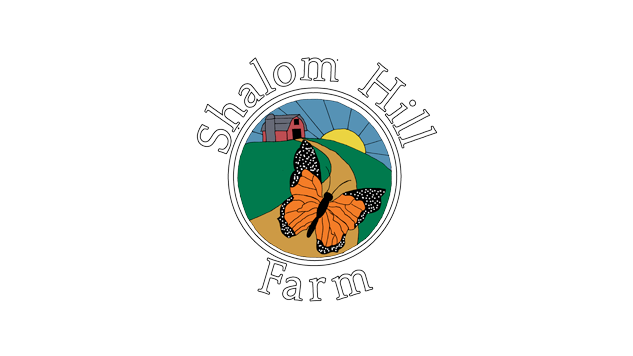Minnesota's Alt-Meat Revolution: The Great Burger Taste-Off
Minnesota's Alt-Meat Revolution: The Great Burger Taste-Off
Most mornings, you can find the Rusty Duck's Kitchen Manager John Schneider prepping for the lunch rush. One thing he didn't think he'd be prepping? Plant-based burgers. "If I had to survive off of plant-based burgers, if it was my only choice, I could survive off eating 'em. But me as a carnivore my whole life, pretty much, I still would prefer the beef over the plant-based. If I needed to change my diet, eat some healthier, I would definitely go into a plant-based burger," said Schneider.
John's sentiments on plant-based proteins are pretty common amongst locals in southwest Minnesota. The rural town of Dawson is very much a meat and potatoes community. So it seemed a little ironic that southwest Minnesota has facilities owned by a couple of influential plant-based protein companies. Eat Just has a plant in Appleton that has the capacity to put out 29 million plant-based eggs per month, the most in the world. And in Dawson, Minneapolis-based PURIS opened the largest operating yellow field pea processing plant in North America. PURIS caught the eye of ag giant Cargill and by 2019, Cargill had invested $100 million in the company. So, what is PURIS? And how did pea protein make its way to Dawson?
The Rusty Duck has been a popular bar and restaurant in Dawson for 14 years. Situated just a few miles from PURIS, co-owner Tom Beals remembered what it was like when Puris first moved to town. "Tons of contractors. It would be nuts in here. Our place was full of steel workers, electricians, you name it," he said. "It was great for business for a long time."
Beals said that they added plant-based burgers to their menu about a year ago. "We put it on the menu after PURIS had started here. I pretty much just decided it was a good business decision to support them and what they were doing and put it on the menu," he said. "And if people want it, were asking for it anyway, then let's roll with it. ... "It just seems like it's more of the way now that people are looking for plant-based food, even out here in this economy."
The challenge PURIS sees for the future of food is creating a product that's plant-based, nutritional, and, maybe most importantly, tastes good.
"When we founded the business, and I say we super generally because I was two when my parents founded the business back in 1985, we had nothing," said Nicole Atchison, the CEO of PURIS Holdings and Acremade. "It was started in our basement and my dad said that we were gonna create a plant-based food company."
That was a revolutionary idea in the 1980s. Nicole's parents, Jerry and Renee Lorenzen, thought that a food system that feeds animals to feed humans was inefficient and unsustainable. So they thought to take out the middle cow and directly feed people nutrient rich plants.
"His belief was that if people are gonna eat plants, then the plants need to taste good," Atchison said. "At a very young age, my brother and I, we really had to pull our weight. We grew up working in the fields. We had test plots kind of all around the Midwest. Maybe 10 acres, 20 acres, but they'll have thousands of varieties in 'em. And so, we grew up cross pollinating plants to make new varieties. We did that all the way through college. My dad, we're from southern Iowa, he planted one of his test plots in Ames, in the town I went to school in, so that I could still do the crossing that summer."
Definitely a dad power move. But like many kids, Nicole wasn't 100% sold on taking on the family business. She did know she wanted to help people. "In my professional career, we were working on trading devices that treated cardiovascular diseases. And the thing that always kind of stopped me was that diet and exercise would prevent a lot of these things for a lot of people."
Atchison said that there's power in the food that people eat, which impacts health and longevity. "And ... when I came back to the family business, I saw an opportunity to take what I had learned in this other field and start applying it earlier in people's lives.
PURIS has 225 employees and is trying to compete with giant multinational food companies. Their special sauce has been the yellow field pea. "When we created our pea protein, which was commercialized in 2015, it was very novel onto the market in North America. And that set us on, you know, really what happened over the next, you know, almost 10 years, which has been this incredible journey of pea protein taking the market by storm. It's had a complete revolution over the past three years. When that happened, we had already invested into our second facility. And that's the facility in Dawson, Minnesota, which is one of the largest and most state-of-the-art pea protein processing plants, you know, in the world," said Atchison.
This is around the time that Cargill was like, "Here's $100 million, PURIS, keep it up." And people in Dawson were also like, "Yeah, keep it up!" Because that building had been vacant from 2014 until PURIS bought it in 2019.
"It was good to see that something was going to use that plant," said Dawon Mayor Randy Tensen. "I just ... was surprised that how big a transition they did out there from a milk plant to what it is now." The biggest draw for PURIS to Dawson was the building, built by Dawson Mills in the late 1970s. It's been the home for several food producing companies, some that even did plant protein processing before it was as popular as it is today.
The split yellow field peas come here after their cleaned, de-hauled, and split in PURIS' facility in Harold, South Dakota. You've heard of split pea soup, right?
"You take that outer shell off and it falls into two pieces," explained Plant Manager Matt Karels on a tour of the new building. "We call those splits and what we receive here in Dawson is cleaned yellow split peas. Once here, we grind them up into a flour put it into a solution and then we do a bunch of separations after that."
Karels explained that a pea consists about 20 to 25% protein. "Soy actually has a higher protein content but you get the allergens that come along with that," he said. "Another thing about pea protein that makes it a little more attractive are taste and texture. So, our customers have found that pea protein has a different mouth feel."

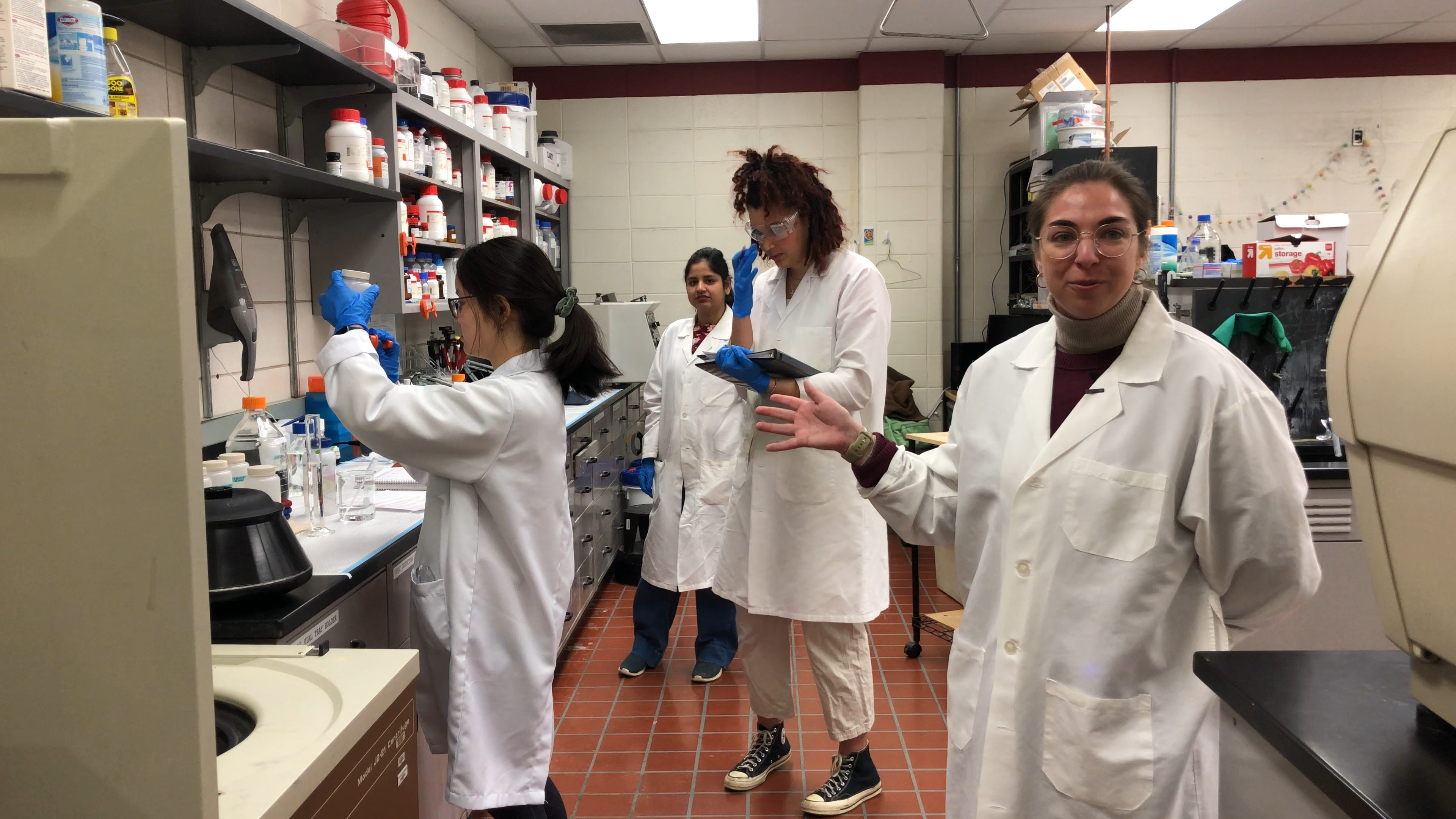
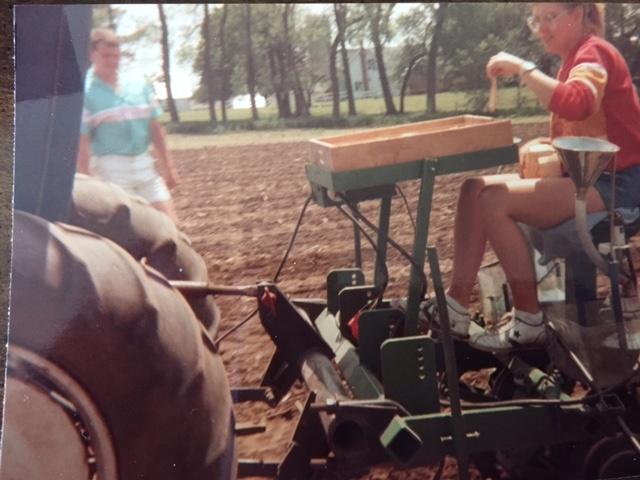
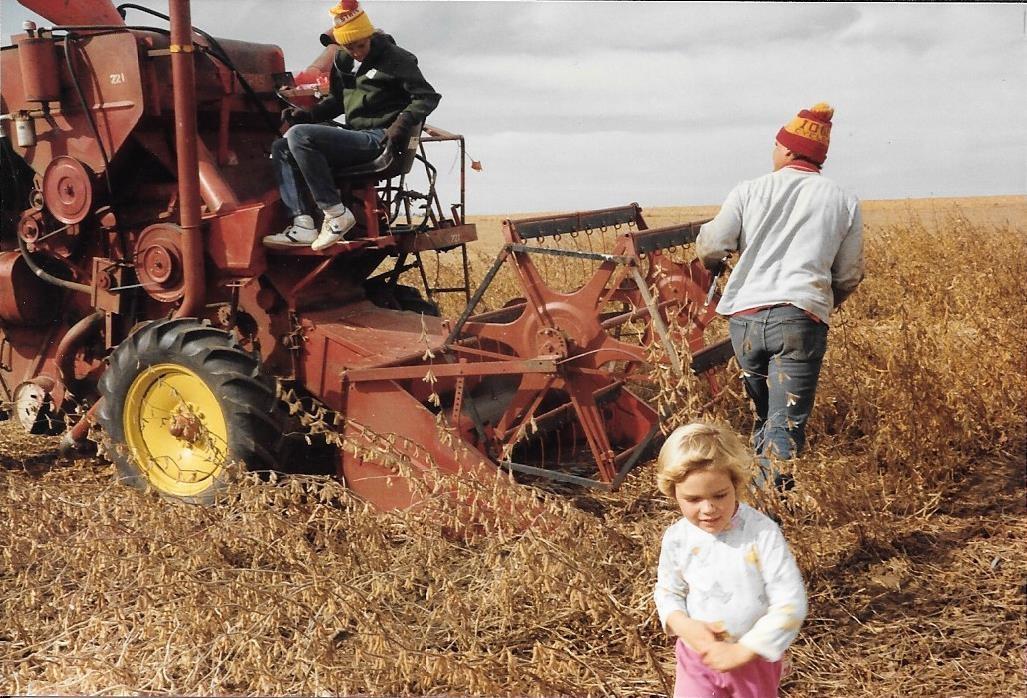
.jpg)
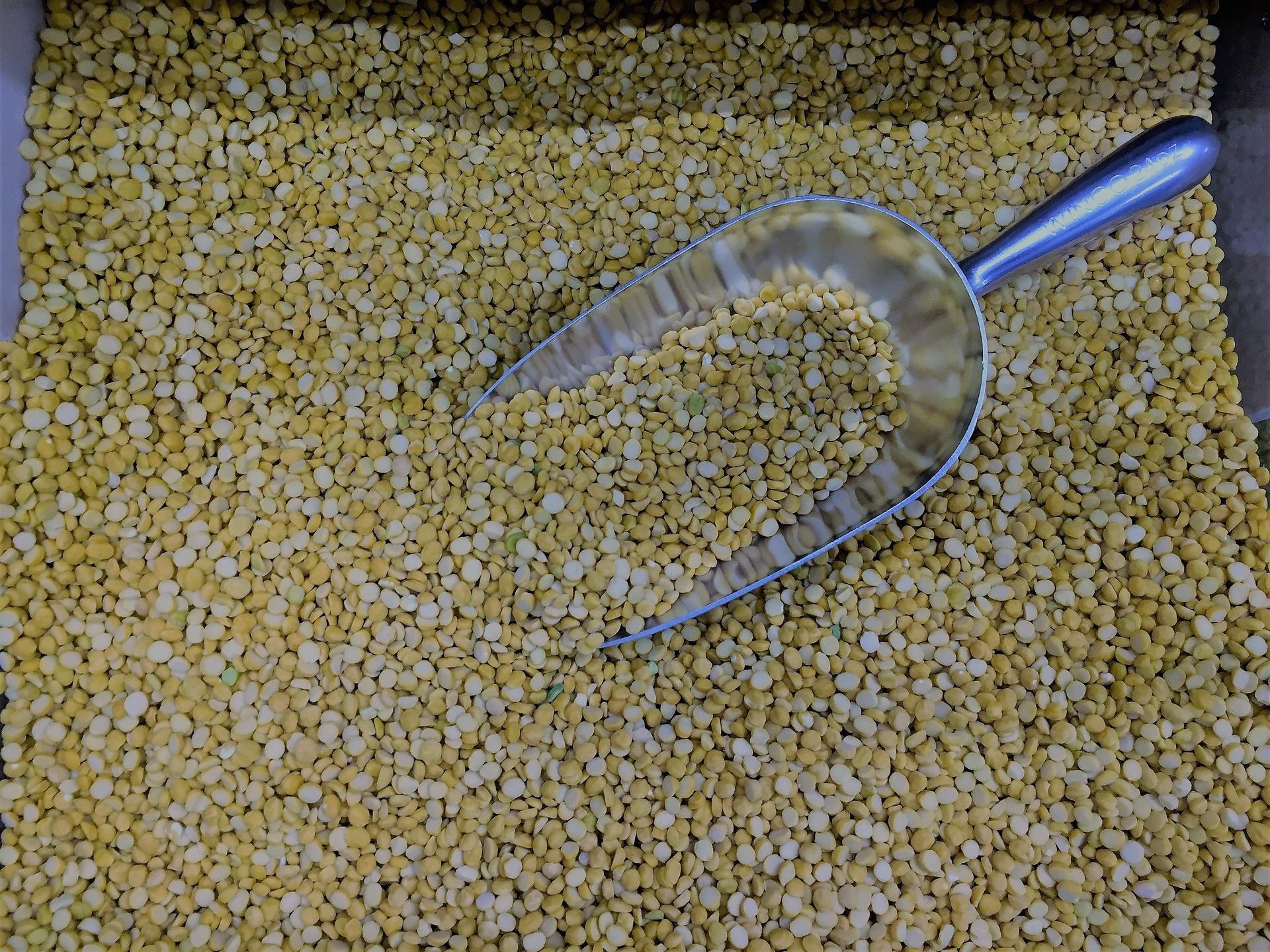
While people have been able to consume Kerels' pea protein and partner companies products, most notably as the pea protein ingredient in Beyond Meat products, Kerels only recently came full circle with their business with the 2022 launch of their own food line, Acremade.
"I personally have an an egg allergy and so, for me, it's something that I always wanted," said Atchison. "So, we put our team on, how can we create awesome plant-based eggs from peas?"
Alex King is an R&D scientist for Acremade helped developed Acremade's plant-based egg product.
Alex: Our product itself is shelf stable. So for somebody who isn't necessarily looking to like get rid of their eggs within like a couple of weeks or so, this is something that can last a year to two years.
Amanda: So zombie apocalypse, approved?
Alex: If the zombie apocalypse happens, these will be in all the bunkers, for sure.
"Our dad really challenged our team to say, you know, if we can make pea protein taste just as good as any other proteins on the market, then we might have something," Atchison said.
Taste is so important. So what do people in Dawson think of the plant-based burger now? Who better to ask than one mayor and one bar owner who have never tried a veggie burger before?
"That's a very good tasting burger," said Mayor Tensen. "This is the beef, this is all plant and this [plant-based] one is really good. ... I was expecting it to have a taste that was pretty bland, you know, and think about ground up peas and I was just, in my opinion, I would've thought it would be more of a bland."
"And I even think the texture's amazingly similar, said Beals.
Today's plant protein companies seem to have figured out the main problem that plagued the companies trying to popularize plant-based protein in the 70s and 80s. Taste. And so much of how plants taste come from how seeds are developed and grown. In order for any protein operation, plant-based or not, to be successful, it comes back to the growers because without farmers, there's no plant-based egg for your avocado toast. And that would be devastating. In our next episode, we'll meet some growers who explain why they do – or do not – grow the PURIS bred yellow field pea.



